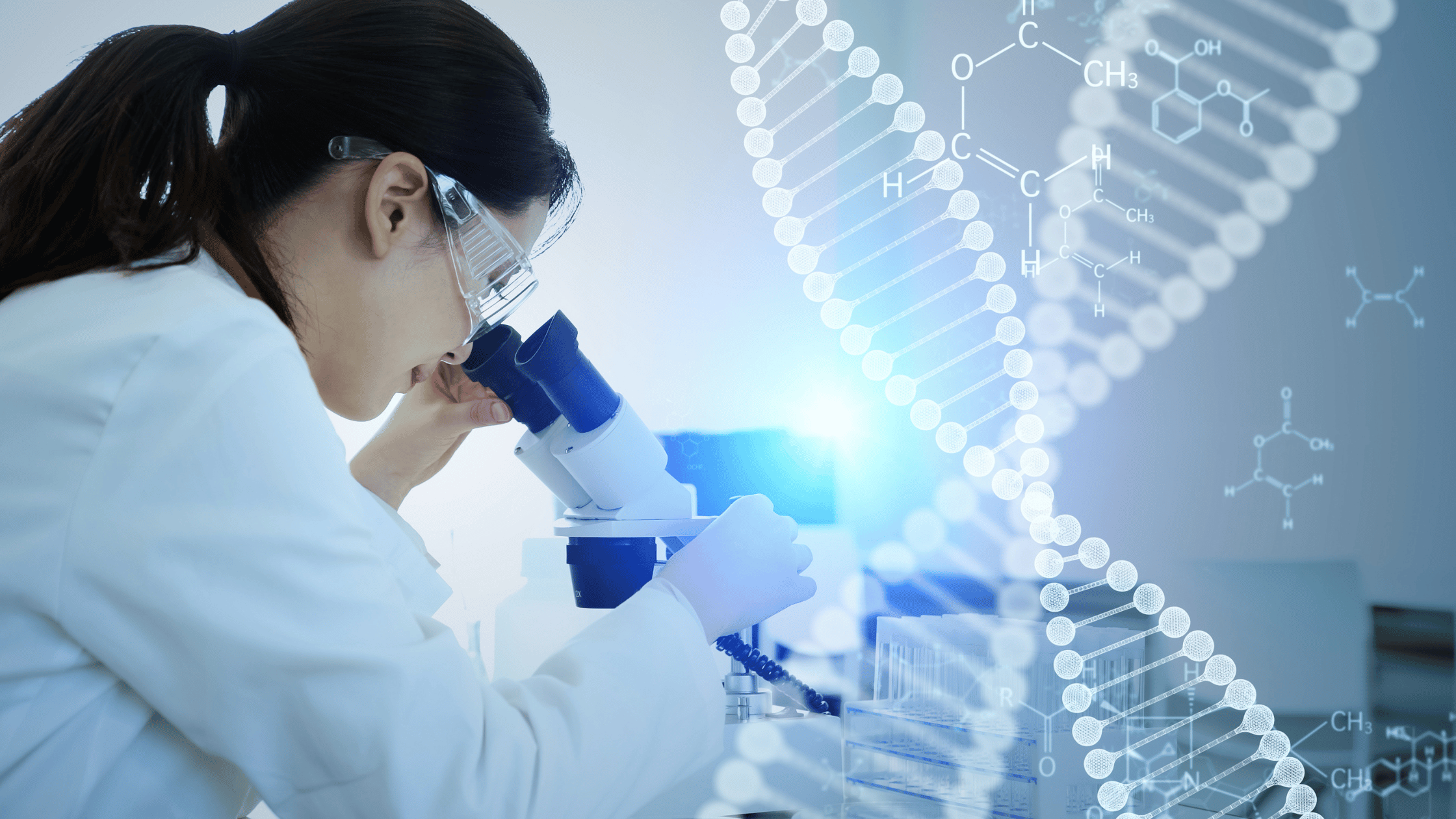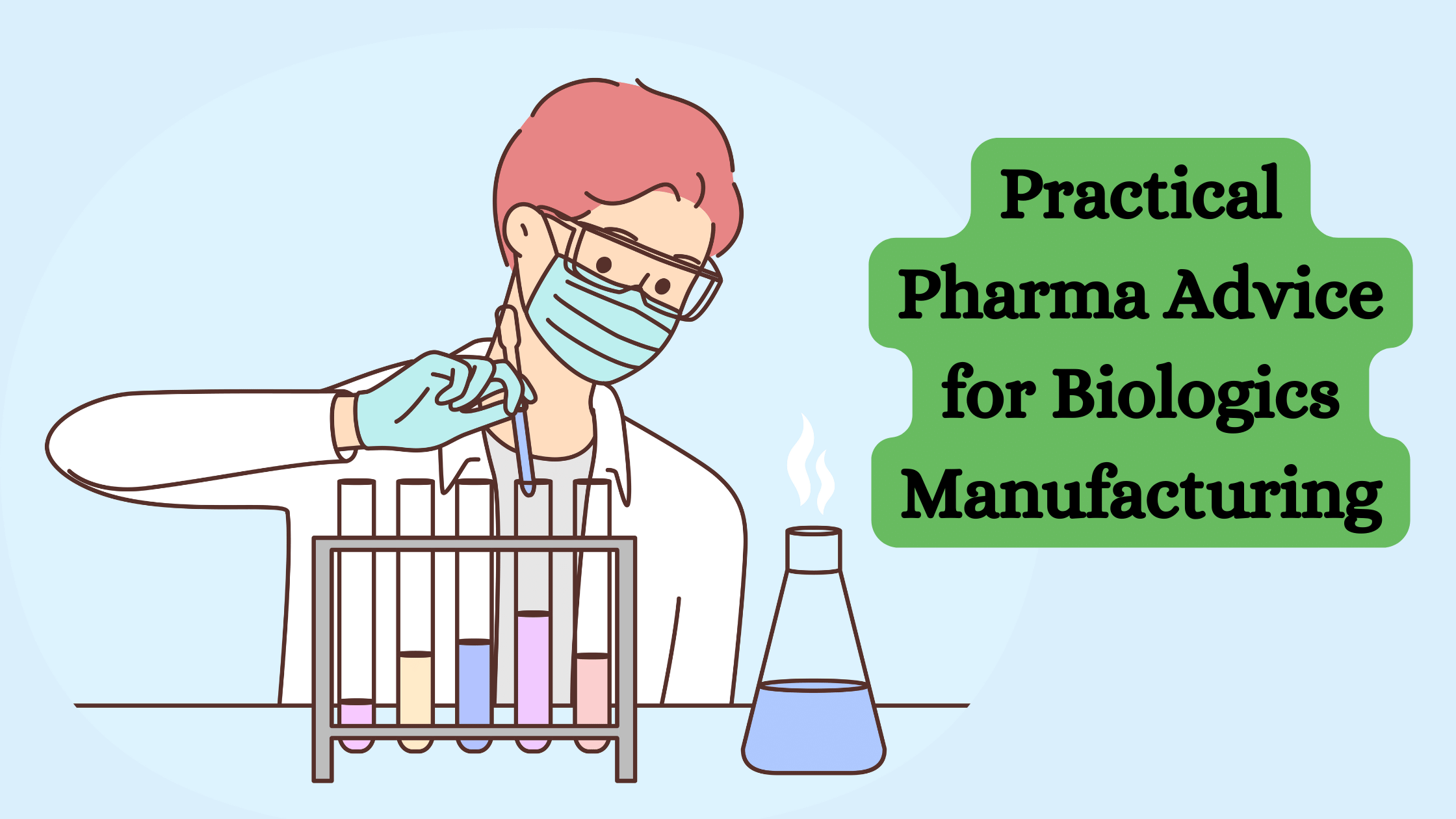
Biologics have revolutionized the pharmaceutical industry by providing targeted treatments for various diseases, including cancers, autoimmune disorders, and infectious diseases. As these complex molecules derived from living cells become increasingly central to therapeutic strategies, the manufacturing processes and practical advice for pharmaceutical
professionals involved in this sector are more important than ever.
This article delves into critical insights and pragmatic advice for those navigating the intricate world of biologics manufacturing.
Understanding Biologics and Their Manufacturing Challenges
Biologics differ significantly from traditional small-molecule drugs in their complexity, size, and the methods required for their production. Produced through the genetic manipulation of living cells, these substances require highly controlled manufacturing environments to ensure their safety, purity, and efficacy. The inherent variability of biological production systems poses unique challenges, from maintaining cell line stability to guaranteeing consistent product quality across batches.
Manufacturing biologics involves several critical steps, including cell line development, upstream processing (USP), downstream processing (DSP), formulation, and fill-finish. Each stage demands precision and control; any deviation can significantly impact the final product’s quality.
As a result, companies often seek specialized expertise to navigate these complexities, turning to Contract Development and Manufacturing Organizations (CDMOs) specializing in biologics. For those considering this route, resources such as this article about biologics CDMO tips can provide valuable tools and considerations for selecting the right CDMO partner.
Strategic Considerations in Biologics Manufacturing

Navigating the complexities of biologics manufacturing requires strategic foresight. This section delves into critical considerations, from cell line selection to process optimization, essential for producing high-quality, effective biological therapies in this rapidly evolving field.
1: Cell Line Development: The Foundation of Biologics Production
The choice of a cell line is a foundational decision in biologics manufacturing, impacting production yield, quality, and regulatory compliance. Mammalian cell lines, such as Chinese Hamster Ovary (CHO) cells, are commonly used due to their ability to produce proteins with human-like post-translational modifications. Selecting a robust, well-characterized cell line and optimizing its genetic makeup for high-yield production is a critical first step in biological manufacturing.
2: Upstream Processing: Optimizing Growth Conditions
Upstream processing involves cultivating the selected cell line to produce the desired biological product under controlled conditions. This stage requires careful optimization of various parameters, including media composition, temperature, pH, and oxygen levels, to maximize cell growth and productivity. Advanced bioreactors and monitoring technologies play crucial roles in ensuring optimal conditions throughout the cultivation period.
3: Downstream Processing: Ensuring Purity and Quality
Following USP, downstream processing (DSP) is undertaken to purify the biological product from a mixture of cells, cell debris, and media components. DSP is often the most challenging part of biologics manufacturing, involving multiple chromatography, filtration, and separation steps. Each step must be carefully designed and validated to ensure the removal of impurities while maintaining the integrity and activity of the biological product.
4: Formulation and Fill-Finish: Final Steps Towards Administration
The formulation stage involves stabilizing the purified biologic for storage and administration, requiring careful consideration of buffer systems, preservatives, and stabilizers. The fill-finish process then involves the aseptic filling of the biologic into its final container-closure system, such as vials or syringes, under highly controlled conditions to prevent contamination.
Practical Pharma Advice for Biologics Manufacturing

In the intricate realm of biologics manufacturing, practical pharmaceutical advice is invaluable. This segment offers essential tips, such as the following:
1: Embrace Quality by Design (QbD)
Implementing a Quality by Design approach is essential in biologics manufacturing. QbD involves designing quality into the product and process from an early stage, emphasizing a thorough understanding of how process variables influence product quality. This proactive approach to quality management can significantly reduce risks and improve efficiency throughout the manufacturing process.
2: Invest in Advanced Analytics
Advanced analytical technologies are crucial for monitoring and controlling the quality of biologics throughout the manufacturing process. Techniques such as high-performance liquid chromatography (HPLC), mass spectrometry, and next-generation sequencing can provide deep insights into product quality and process consistency, enabling timely adjustments and optimizations.
3: Focus on Scalability and Flexibility
Given the rapid pace of innovation and fluctuating demand in the biopharmaceutical market, manufacturing processes must be designed with scalability and flexibility. This foresight allows for a smooth transition from clinical-scale to commercial-scale production and the ability to adapt to evolving manufacturing needs and technologies.
4: Regulatory Compliance and Continuous Improvement
Navigating the complex regulatory landscape is a constant challenge in biologics manufacturing. Staying abreast of regulatory changes and engaging with regulatory bodies early in development can facilitate smoother approval pathways. Moreover, adopting a culture of continuous improvement, where feedback loops and process optimizations are integral to operations, can enhance efficiency and compliance over time.
Takeaway
Biologics manufacturing is a complex, multidisciplinary endeavor that requires specialized knowledge, advanced technologies, and a strategic approach to quality and regulatory compliance. By understanding the unique challenges and opportunities in biologics production and adhering to best practices, pharmaceutical professionals can contribute to developing safe, effective, and high-quality biologic therapies that address some of the most pressing health challenges.